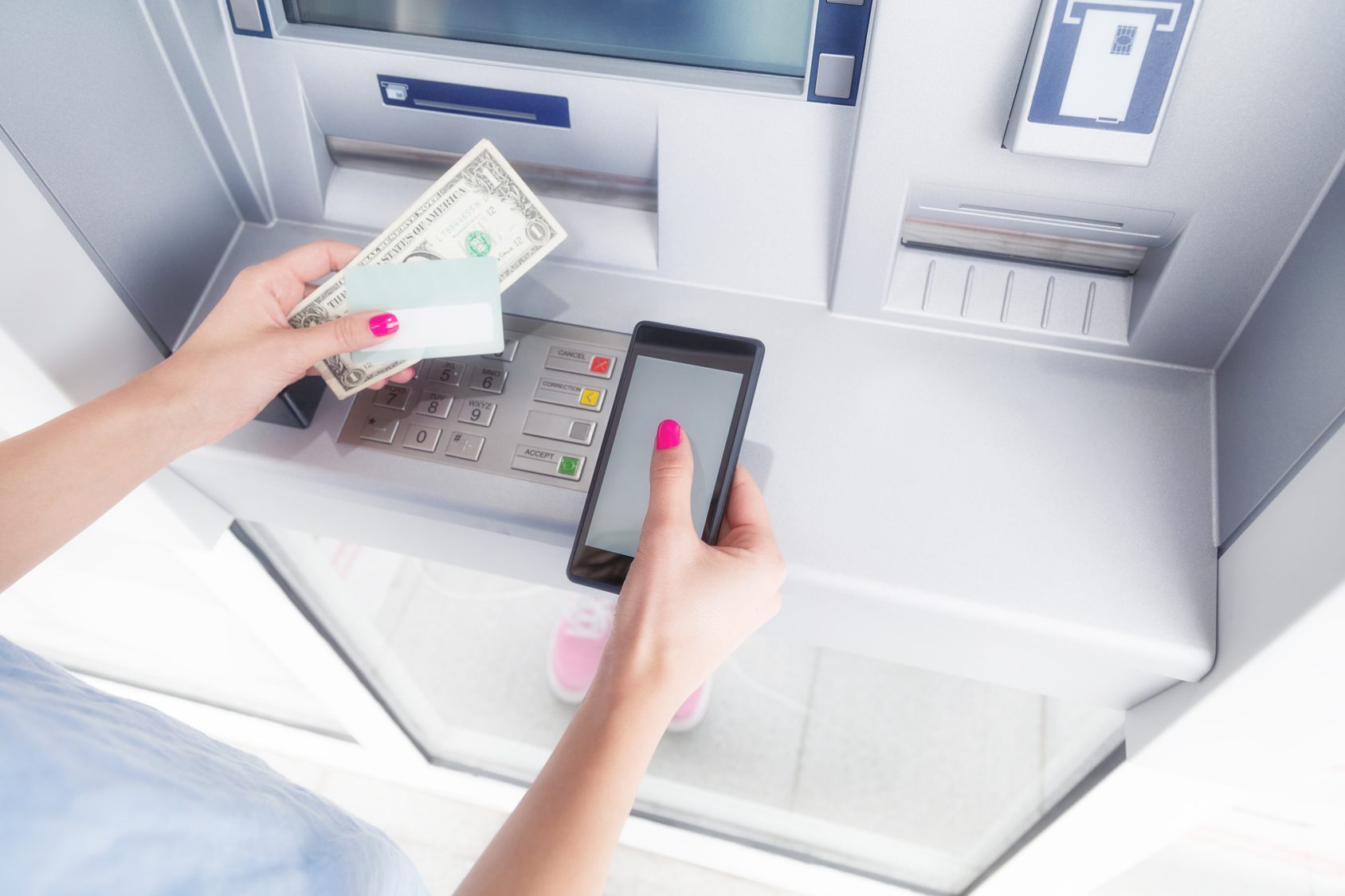A report in the Harvard Business Review lays out the countries that would profit most from going cashless, but it does note that there could be drawbacks for individuals.
Policy makers and economists, such as Harvard’s Ken Rogoff, have made elegant arguments for the benefits of a cashless society. Economic uncertainty around the globe has raised concerns that consumers could take cash out of banks – especially in negative interest rate envrionments — and hoard it. Eliminating cash is one way to reduce that risk. Denmark, Sweden, and Norway are already considering it, while the European Central Bank is considering getting rid of large-denomination bills.
For people facing events like natural or economic disasters, cash can provide a safety net that other forms of payments cannot. Eliminating an option for consumers is not necessarily the basis of sound policy.
The article uses measures for the cost to banks for operating ATMs, the costs of getting cash for consumers – including transport to get cash and ATM fees – and a ‘tax gap’ of money lost by taxing authorities to determine which countries would benefit from getting rid of cash. The assumptions leave room for interpretation, however.
First, cash is not only received from ATMs. While bank branches might push up the costs of cash, the ability to receive cash for wages or private sales is a huge cost savings for individuals. The informal economy would be dealt a serious blow and individuals’ costs would rise if they needed to rely on a third-party payments infrastructure for every payment. While P-to-P products are free to the consumer at this point, once electronic payments are the only way to pay, the prices of these services will rise, if for no other reason than to maintain the electronic infrastructure.
The tax gap is another assumption that needs to be considered carefully. While some informal work and transactions lead to lost revenue for the government, there is a question of the macroeconomic benefits of this activity. Depending on the source of the tax revenues, the money in the informal economy will eventually enter the formal economy again. If the government can see every time a kid gets paid for mowing his neighbor’s lawn and takes a cut, it may put the brakes on economic activity that would otherwise benefit society as a whole.
Overview by Ben Jackson, Director, Prepaid Advisory Service at Mercator Advisory Group
Read the full story here











